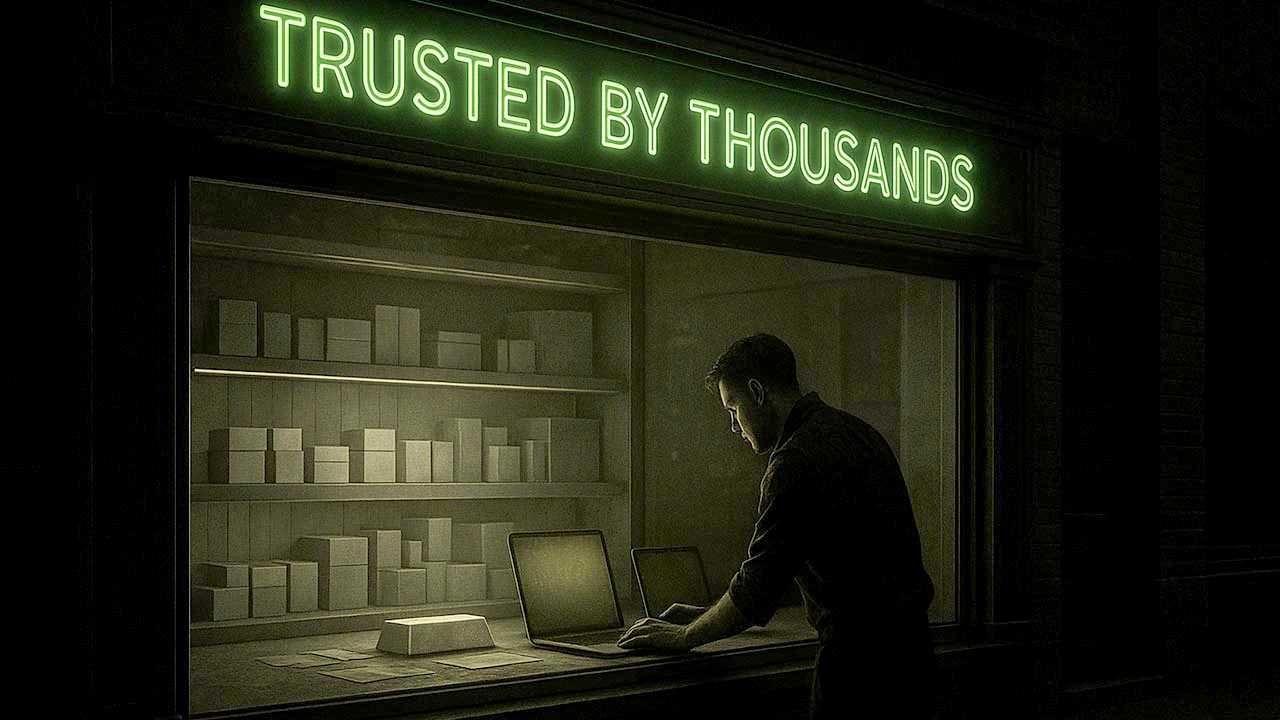Entrepreneurs don’t just sell products—they sell belief. Customers don’t know your processes, your late nights, or your intentions. They only know whether they can trust you. And in business, trust translates into sales. That’s where social proof comes in: the subtle, powerful influence that makes people believe in what you offer because others already have.
Social proof isn’t just reviews and testimonials—it’s the psychological foundation of credibility. When used well, it can shorten sales cycles, increase conversions, and transform your reputation from “unknown brand” to “trusted authority.” This precision guide unpacks how to use social proof effectively, giving you a toolkit to build credibility that actually sells.
Why Social Proof Works in Business
People are wired to follow signals from others. When someone sees a product with hundreds of happy customers, they instinctively trust it more than a product with no track record. It’s not about manipulation—it’s about reassurance. Customers want proof that your promises hold weight.
From psychology experiments like the Asch conformity studies to modern e-commerce, the principle is the same: if others approve, we’re more likely to join. Entrepreneurs who understand this don’t just collect reviews—they engineer credibility.
The Core Types of Social Proof
While the concept sounds broad, social proof typically falls into a handful of reliable categories:
1. Customer Testimonials
Direct quotes from happy clients remain the backbone of credibility. But the quality matters more than quantity. A vague “Great product!” won’t convince anyone. A testimonial that highlights specific benefits—“This app cut my admin time in half”—builds real trust.
2. Case Studies and Success Stories
Deeper than a testimonial, a case study shows transformation. Walk potential customers through a before-and-after journey. How did your product or service solve a real problem? Numbers and details matter here.
3. Reviews and Ratings
Especially powerful in consumer markets, ratings on platforms like Amazon, Yelp, or Trustpilot carry weight. Even small bumps in star ratings can significantly boost conversions.
4. Expert Endorsements
When a recognized authority in your industry vouches for you, their credibility transfers to your business. This can be as formal as a partnership or as simple as a well-placed quote.
5. Social Media Signals
Follower counts, shares, and engagement metrics can all serve as signals of credibility. But here, authenticity trumps vanity metrics. 1,000 real followers who engage are worth far more than 50,000 silent bots.
6. Media Mentions
“Featured in Forbes” or “As seen on NBC” still carries significant weight. Press placements build a halo of legitimacy that few other forms of proof can match.
How to Collect Social Proof Without Being Pushy
The best social proof is earned, but that doesn’t mean you can’t ask for it. The key is timing and framing.
- Ask after success. Reach out right after delivering value, when enthusiasm is highest. For service businesses, this may be after a project wraps. For products, it could be a week or two after delivery.
- Make it easy. Provide prompts, short forms, or even draft testimonial outlines customers can tweak. The simpler the process, the more likely they’ll say yes.
- Offer small incentives. Discounts, freebies, or entries into giveaways can encourage participation without undermining authenticity.
Using Social Proof in Marketing and Sales
Collecting proof is only half the battle. How you display it matters just as much. A testimonial buried three clicks deep on your website won’t help you. Instead:
- Place testimonials next to calls-to-action. Reinforce belief right when customers decide.
- Highlight media mentions on your homepage and in pitches.
- Use star ratings in ad creatives to increase click-through rates.
- Incorporate case studies into sales decks to turn cold leads warm.
Social proof isn’t a decorative extra. It’s part of the sales engine.
Case Studies: Businesses That Mastered Social Proof
- Dropbox: Early on, Dropbox used referral-based social proof—friends inviting friends. Each new signup validated the product for the next.
- Airbnb: Reviews became the trust layer that allowed strangers to feel safe booking homes. Without them, the model wouldn’t have worked.
- Basecamp: The project management tool often highlights how many businesses signed up in the last week, tapping into volume-based trust signals.
These examples prove social proof scales. Whether you’re a startup or established, it can multiply the impact of your marketing.
Pitfalls to Avoid
Not all social proof is created equal. Missteps can backfire:
- Fake reviews: Customers spot dishonesty quickly, and the damage is lasting.
- Outdated proof: A testimonial from five years ago signals stagnation. Keep your proof fresh.
- Irrelevant sources: An endorsement outside your niche may confuse rather than convince.
The credibility you build with social proof can vanish if authenticity is compromised.
Building a Social Proof System
Instead of chasing testimonials randomly, systematize your approach:
- Integrate collection into workflows. Automate testimonial requests after delivery. Tools like Typeform or Google Forms help.
- Centralize storage. Keep proof organized in a library you can access for marketing, pitches, and sales calls.
- Refresh regularly. Rotate new proof into your website, decks, and ads so it always feels current.
- Leverage across channels. One testimonial can appear in your sales page, email sequences, and LinkedIn ads.
Social proof is an asset. Treat it like one.
Closing Thought: Credibility That Compounds
Trust is earned slowly and lost quickly. Social proof accelerates the earning side by showing customers they’re not the first to take the leap. Done right, it compounds—each new satisfied client makes the next easier to win. As you stack testimonials, case studies, endorsements, and media mentions, your credibility transforms from fragile to unshakable.
If you’re ready to build systems that make your reputation a sales engine, explore THE PLAN. It’s the roadmap for turning credibility into conversions and stacking proof that grows your business year after year.



















